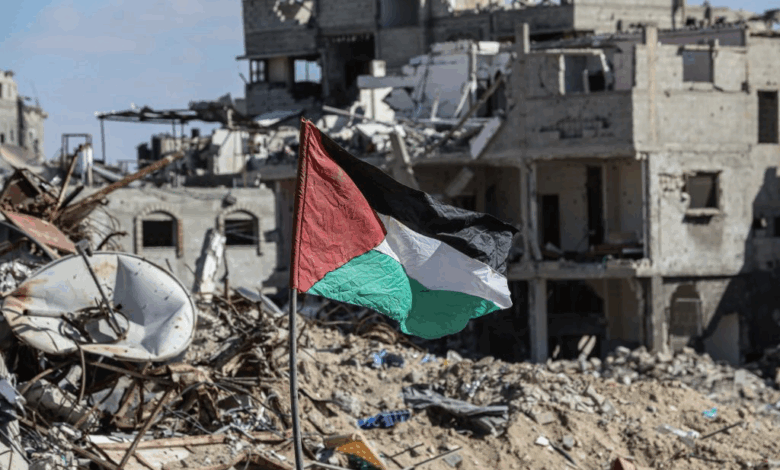What Was the Latest ICJ Ruling on Israel and Gaza?

The Hague (QNN)- The UN’s top court ruled on Wednesday that Israel’s ban on the UN’s main humanitarian provider to Palestinians and its restrictions on aid to Gaza over the past two years are inconsistent with international law.
The advisory opinion by the International Court of Justice in The Hague found:
- The International Court of Justice (ICJ) said that Israel has an obligation to ensure the “basic needs” of the population in Gaza.
- Israel is obligated to support the relief efforts undertaken by the United Nations and its entities in the bombarded enclave.
- This includes UNRWA, the UN’s agency for Palestinian refugees, which Israel banned from operating after accusing some of its staff of taking part in the October 7 resistance operation.
- As part of its findings, the ICJ said Israel has failed to show evidence that UNRWA also worked for Hamas as it claimed.
- Not to forcibly displace or transfer the population under its occupation, and to respect the prohibition of the use of starvation as a method of war.
- It further stated that Israel must respect the right of Palestinian detainees to be visited by the International Committee of the Red Cross.
The advisory opinion comes six months after hearings by the ICJ, where more than 40 states and international organisations presented evidence mostly arguing that Israel had breached its international legal obligations to facilitate the flow of aid to the Palestinian population under its occupation.
Only Israel, the US and Hungary disputed the majority opinion, arguing for an interpretation of international humanitarian law in favour of limiting such obligation due to military necessity and Israel’s security.
The court on Wednesday rejected Israeli and US arguments, and unanimously held that Israel as an occupying power is required to fulfil its obligations under international humanitarian law to ensure that Palestinians have essential supplies of daily life including food, medical supplies and shelter.
Such obligations are unconditional, it argued, providing its authoritative interpretation of Article 59 of the Fourth Geneva Convention.
“As the occupying Power, Israel’s obligation under the first paragraph of Article 59 to agree to and facilitate relief schemes if the local population is inadequately supplied is unconditional,” it said.
“The occupying Power may never invoke reasons of security to justify the general suspension of all humanitarian activities in an occupied territory.”
Wednesday’s ruling is the third advisory opinion case since 2004 to be heard before the ICJ in relation to Israel’s violations of international law.
ICJ advisory opinions are highly authoritative among states and the court’s interpretation of a legal question is considered binding as a matter of general international law.




